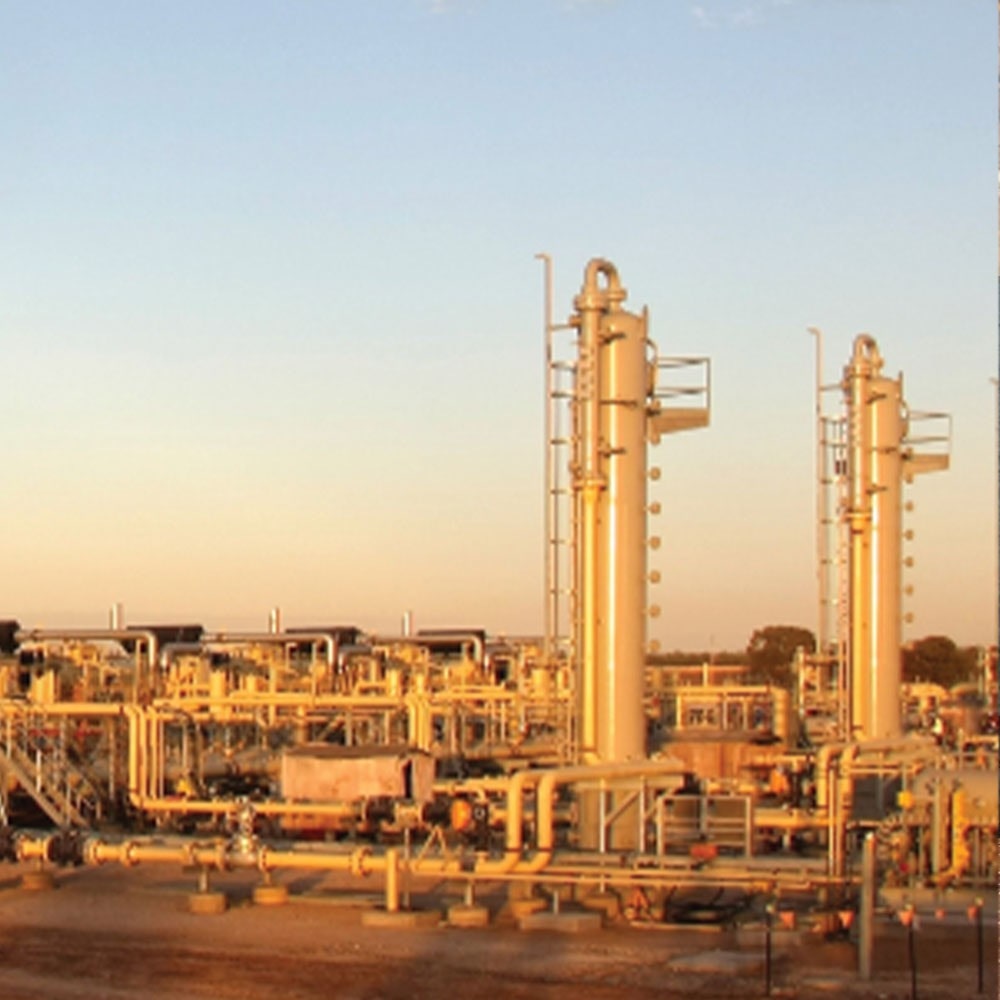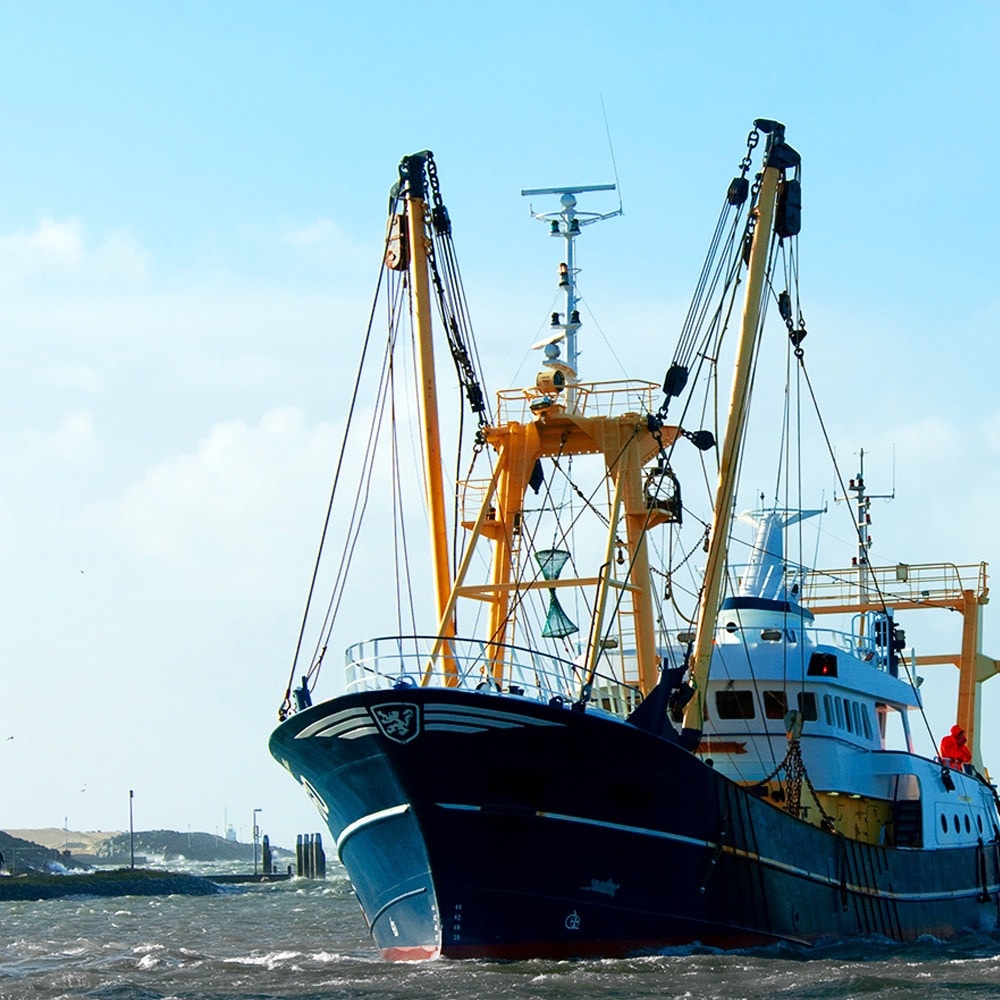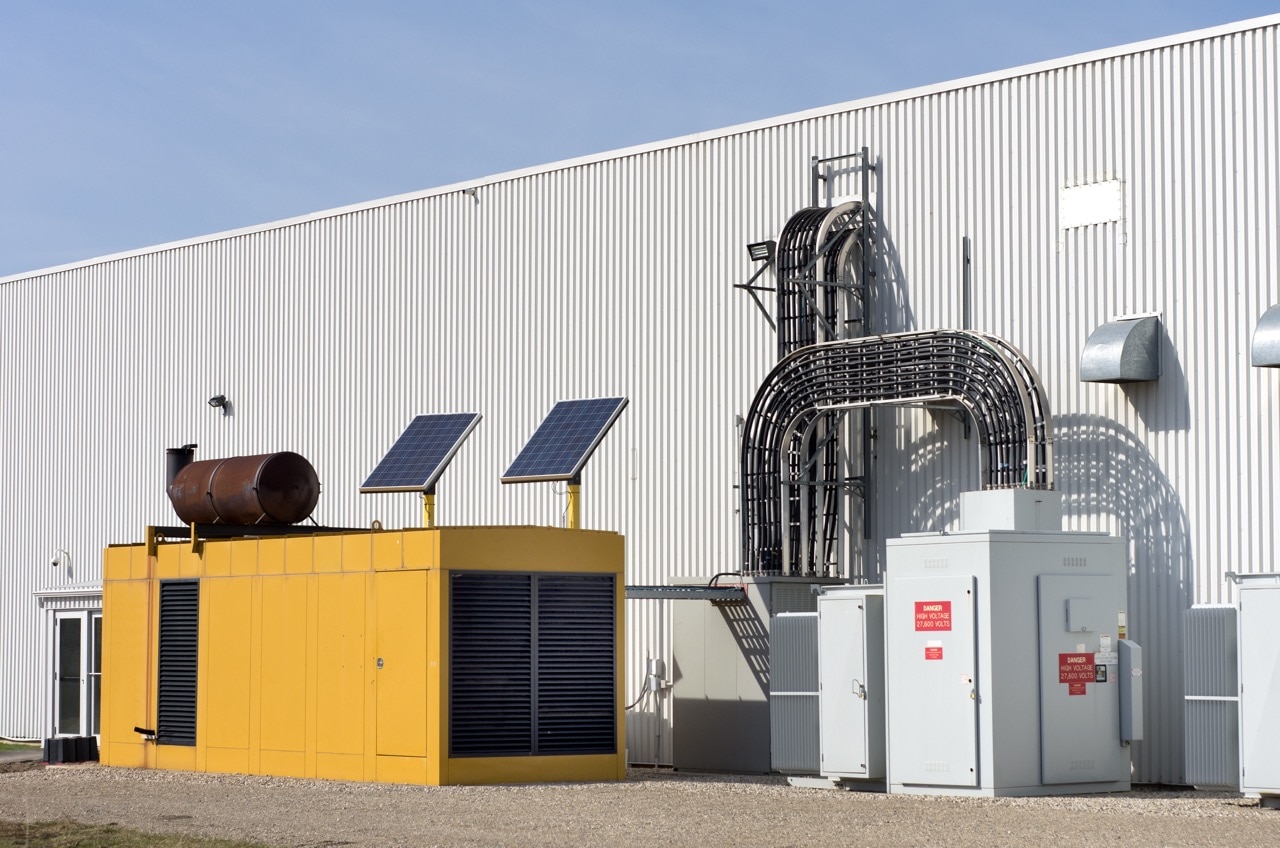WHAT IS J1939 Gateway?
Monico J1939 Gateway for J1939 Engine Monitoring
Pre-configured and simple to modify product that converts any standard or proprietary PGN into about 80 protocols over four usable ports, including both Serial and Ethernet.
S.A.E. 1939 is a standardized protocol that operates on CAN bus networks. It is used extensively by industrial engines because it is capable of high-speed communication and is very fault tolerant. The J1939 Gateway™ is the first J1939 protocol converter to be both pre-configured and simple to modify.
Most J1939 protocol converters on the market fall into two distinct categories. One category of converters is very easy to use; pre-configured, but with very limited in functionality. The second is capable of converting any standard PGN, but is very difficult to program because you must have detailed knowledge of the protocol specifications.
The Monico J1939 Gateway™ is the best of both worlds. It can convert any standard or proprietary PGN into about 80 protocols over four usable ports including both Serial and Ethernet. With pre-configured versions for Modbus, BACnet, Allen Bradley SLC, Allen Bradley ControlLogix, GE Fanuc, and Siemens PLC’s, you can find a version to meet your needs.
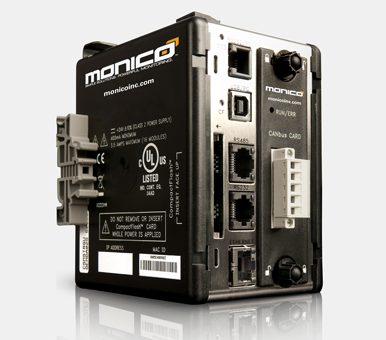
Benefits & Features
- Over 400 pre-configured solutions
- C-UL approved for Class I Div II groups A-D locations
- 0-15 times faster than other customer communications products
- Automatic engine detection and configuration
- Built-in USB interface shows all available parameters on a specific installation
- Gather data from other assets through available ports
- LED indication lights for communication and power confirmation
- Full diagnostic and fault code support with text descriptions
- Pulls parameters at a rate of approximately 20-60 parameters per second
J1939 Protocol Converter
The features of the J1939 Gateway™ make it an incredibly flexible, adaptable product as well as being simple and easy to use. Each Gateway is pre-configured for the data mapping of common data parameters, and set up is plug and play for any qualified technician with basic computer skills. They support multiple engine ECMs and are capable of direct communications with Allen Bradley, GE Fanuc, and Siemens PLC without intermediate devices.
Available Standard Versions
- Modbus
- Allen Bradley
- Siemens
- GE
- BACnet
- SNMP
J1939 Protocol Converter and CAN bus Protocol Converter
As Monico’s work in the industrial marketplace has become more in-depth, we have become proficient with SAE J1939 and our Gateway acts as both a J1939 protocol converter and CAN bus protocol converter. The Controller Area Network (CAN) was originally developed for the automotive industry, but is now used across many markets and is heavily used in industrial automation. SAE J1939, also originally developed for the automotive industry, is a communication standard focusing on the Proprietary Group Number (PGN) and is communicated over CAN or CAN bus. The S.A.E in SAE J1939 refers to the Society of Automotive Engineers, the organization that created the protocol. Both S.A.E. J1939 and CAN bus are standard in all industrial engines and gensets outside of Caterpillar®.
J1939 Gateway Engine Compatibility
The J1939 Card used in Monico Gateways has the CAN bus network built into it along with the ability to communicate over the J1939 protocol. This makes it compatible to pull information from any equipment using this protocol. However, for the communicated data to be usable, it also needs to be converted into the protocol you are using in your overall monitoring system. This is where our Gateway becomes invaluable; it pulls the J1939 data in through its built-in J1939 card, translates that data and outputs it in the protocol you need for communication throughout your system.
Compatible Engines and Controls:
- Caterpillar® EMCP3 and 4 Series Gensets
- Detroit Diesel
- Perkins 1300 EDI
- Cummins
- John Deere
- Deutz-EMR
Download Datasheet →
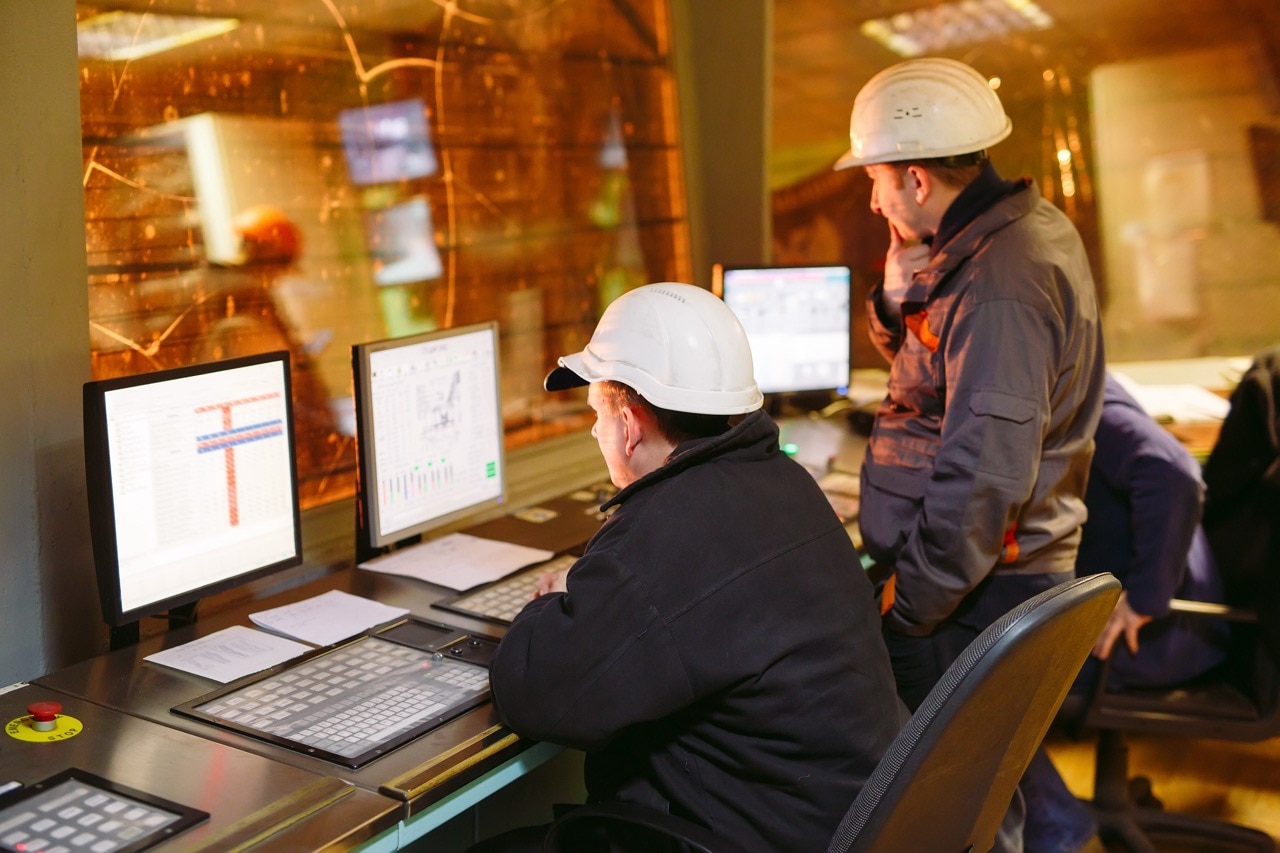
Future-proof your monitoring system
Looking for the Next Generation of Industrial Monitoring?
Monico’s mCore® SDR is the powerful evolution of our trusted gateway technology — combining protocol conversion, edge processing, and remote connectivity in one intelligent device. With onboard analytics, flexible I/O, and seamless integration to the cloud or MonicoLive™, mCore® SDR gives you more visibility, control, and scalability than ever before.
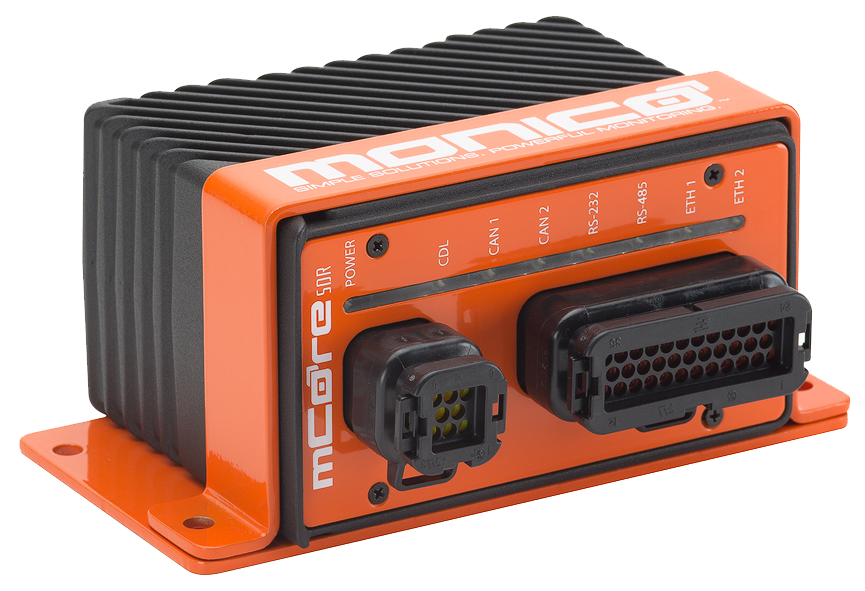
How to Choose The Right Gateway
Monico Gateway Product Comparison – Gateways vs. mCore® SDR
| Feature / Use Case | 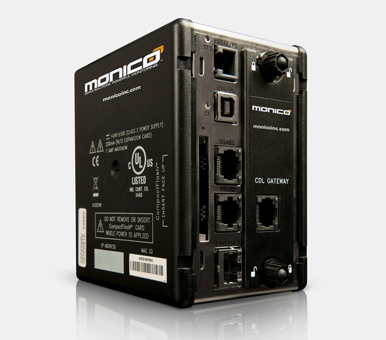 CDL Gateway™ | 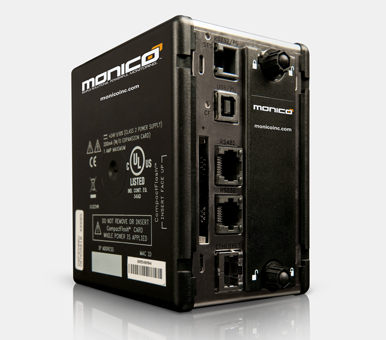 CPC Gateway™ |  J1939 Gateway™ | 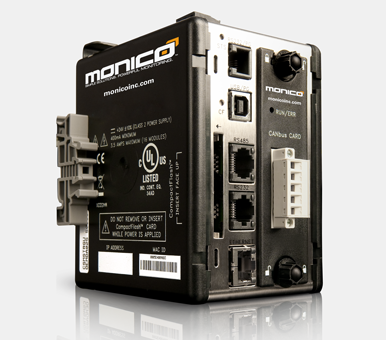 EMCP 3 & 4 Gateway™ | 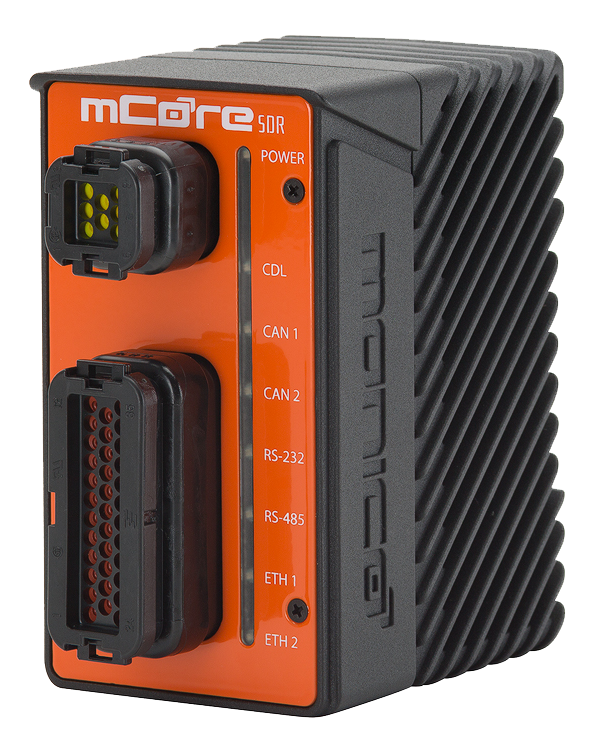 mCore® SDR |
|---|---|---|---|---|---|
| Primary Use | Monitoring Caterpillar® engines/gensets via CDL | Multi-device protocol conversion for varied industrial systems | Monitoring J1939 CAN-based engines and mobile equipment | Caterpillar® EMCP 3 & EMCP 4 controller data acquisition | Edge data acquisition, protocol conversion, analytics, and remote connectivity |
| Supported Protocols | CDL (Cat Data Link) + selected outputs | 100+ protocols (Modbus, Siemens, BACnet, DeviceNet, etc.) | J1939 + supported outputs | Proprietary EMCP 3.x and EMCP 4.x protocols + Modbus, Ethernet/IP, etc. | 100+ protocols (Modbus, Ethernet/IP, MQTT, OPC UA, BACnet, etc.) |
| Automatic Equipment Detection | ✔ Yes | ✔ Yes | ✔ Yes | ✔ Yes | ✔ Yes |
| Edge Processing / Local Analytics | ❌ No | ❌ No | ❌ No | ❌ No | ✔ Yes – built-in logic engine, thresholding, event handling |
| Cloud Connectivity | ❌ Requires integration | ❌ Requires integration | ❌ Requires integration | ❌ Requires integration | ✔ Yes – native support for MonicoLive™, MQTT, Azure, etc. |
| Pre-configured Parameters | 400+ CDL registers | 400+ across multiple protocols | 100+ J1939 parameters | Pre-mapped EMCP 3 & 4 data points | ✔ Preloaded templates + customizable mapping |
| Real-Time Data Polling Speed | 20–60 parameters/sec | 20–60 parameters/sec | ~20 parameters/sec | Moderate polling speed depending on controller model | ✔ High-speed, multi-threaded polling |
| Custom Logic & Alerting | ❌ No | ❌ No | ❌ No | ❌ No | ✔ Yes – programmable alerts, conditions, and data-driven actions |
| USB Interface for Diagnostics | ✔ Yes | ✔ Yes | ✔ Yes | ✔ Yes | ✔ Yes |
| Built-in I/O Capability | Optional modules | Optional modules | Optional modules | Limited or none | ✔ Native I/O: analog, digital, RTD, thermocouple, relay options |
| Ideal Equipment Type | CAT® engines, gensets (EMCP, 3400, 3500, etc.) | Engines, PLCs, drives, sensors in multi-vendor environments | Mobile equipment with J1939 CAN protocol | CAT® gensets using EMCP 3.x and EMCP 4.x control panels | Any industrial asset requiring smart monitoring, data forwarding, and edge intelligence |
| Simultaneous Protocol Support | 1 input + configurable output | Up to 9 protocols simultaneously | 1 input + configurable output | 1 or 2 protocols | ✔ Multi-protocol support, field + cloud |
| Installation Time | Minutes (plug-and-play) | Fast setup, custom config available | Quick install | Pre-configured, but may require protocol setup | ✔ Easy setup with intuitive tools + remote provisioning |
| Target User | CAT® engine operators | Integrators managing mixed-protocol environments | Fleet owners using J1939 equipment | Operators of CAT® gensets using EMCP controllers | OEMs, industrial operators, and anyone modernizing with edge-to-cloud monitoring |
| Hazardous Location Approval | ✔ Class I, Div II Groups A-D | ✔ Class I, Div II Groups A-D | ✔ Class I, Div II Groups A-D | ✔ Class I, Div II (where applicable) | ✔ Available in hazardous-location rated configurations |
Why Monico
Key advantages that set us apart

Your Data is Yours
Your data is securely collected and stored, always remaining under your control, so you can make informed decisions without concerns about data accessibility or third-party restrictions. We’re here to empower you with the insights you need, not limit how you use your data.

Preconfigured, No Coding Required
Our solutions come preconfigured and ready to deploy without the need for complex coding or development. This plug-and-play approach gets you up and running faster, no coding or data analysis required.

Modern Intuitive Platform
Our platform is designed with you in mind, combining modern functionality with an intuitive interface that simplifies data monitoring and visualization. With Monico, you’ll experience an easy-to-navigate system that makes it simple to access, interpret, and act on your data.
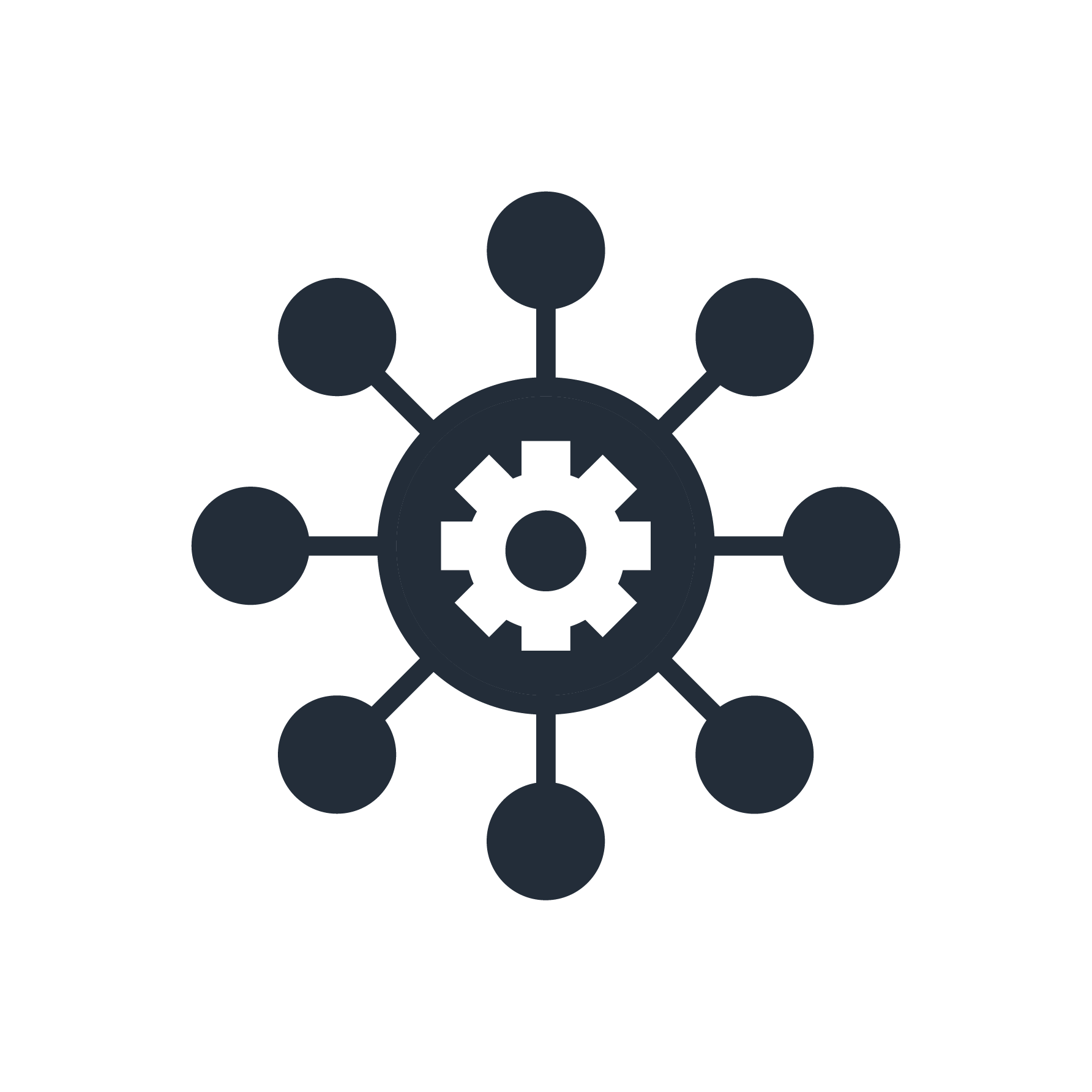
OEM-Agnostic, Multi-Protocol Support
Our gateways are preconfigured for your specific equipment and work seamlessly with most major industrial OEMs. With broad protocol support, they easily integrate into mixed fleets—no custom coding or complex setup required.

EASY AS 1,2,3
The Shortest Path to Real-Time
Actionable Intelligence™
1
Schedule a Demo
We’ll walk you through the process and share examples grounded in real data. No big sales pitch. We’ll discuss the problems you’re trying to solve, identify your needs and address your questions about ROI, security, the implementation process, and more.
2
Let Us Configure Your Solution
We won’t just sell you a gateway and wish you luck. Our powerful solutions are simplified for each customer by being pre-configured, down to the serial number of each asset. You’ll easily access data and gain insights from day one, without struggling with siloed data or differing protocols.
3
Count On Us for Support
Our job isn’t done until implementation is successful and you’re getting data exactly the way you want it, where you want it. We’ll provide installation, training and support. In addition, our online resource library is available 24/7.
FAQs
Frequently Asked Questions
What does the J1939 Gateway™ do?
The J1939 Gateway™ is a pre-configured device that reads SAE J1939 data over a CAN bus network and translates it into one of 80+ industrial protocols. It’s designed to make it easy to integrate J1939 engine data into SCADA, PLC, or remote monitoring systems.
What types of equipment use J1939?
J1939 is commonly used in mobile and industrial diesel engines — including equipment from Cummins, John Deere, Perkins, Deutz, Detroit Diesel, and others. It’s also the standard protocol for non-Caterpillar® gensets and many off-highway or transport assets.
How is Monico’s J1939 Gateway™ different from others on the market?
Unlike most converters, the J1939 Gateway™ balances pre-configured simplicity with deep protocol flexibility. It supports both standard and proprietary PGNs and translates them into major protocols like Modbus, BACnet, SNMP, and Allen Bradley — with minimal setup required.
Can I convert proprietary PGNs, or just standard ones?
Yes, you can do both. The Gateway supports conversion of any standard or proprietary PGN, allowing it to work with custom engine implementations or manufacturer-specific extensions.
What data can I monitor using this gateway?
You can access key engine parameters such as RPM, coolant temp, fuel rate, engine hours, fault codes, and more — depending on what your engine supports over J1939. The Gateway includes hundreds of pre-mapped registers out of the box.
How many communication protocols are supported?
Over 80 output protocols are supported, including industry standards like Modbus RTU/TCP, BACnet/IP, Ethernet/IP, Allen Bradley (SLC and ControlLogix), GE Fanuc, Siemens, and SNMP. The Gateway can communicate on up to four ports simultaneously (serial and Ethernet).
Is it compatible with Caterpillar® engines?
Yes — specifically EMCP 3 and 4 series gensets, which use J1939 instead of Cat Data Link (CDL). For other CAT equipment using CDL, Monico’s CDL Gateway™ would be the better fit.
Is the Gateway easy to install and configure?
Yes. The J1939 Gateway™ is C-UL listed for Class I, Div II Groups A-D, meaning it’s safe for use in hazardous or industrial areas like oil & gas or marine applications.
Can I add more than engine data to my system?
Yes. Optional I/O modules allow you to integrate additional signals like fuel level, bearing temperature, analog inputs, and digital controls — giving you a more complete monitoring system around the engine.
How fast does the Gateway collect data?
It polls data at speeds of 20–60 parameters per second, depending on network traffic and engine configuration — enabling real-time visibility into engine performance.

